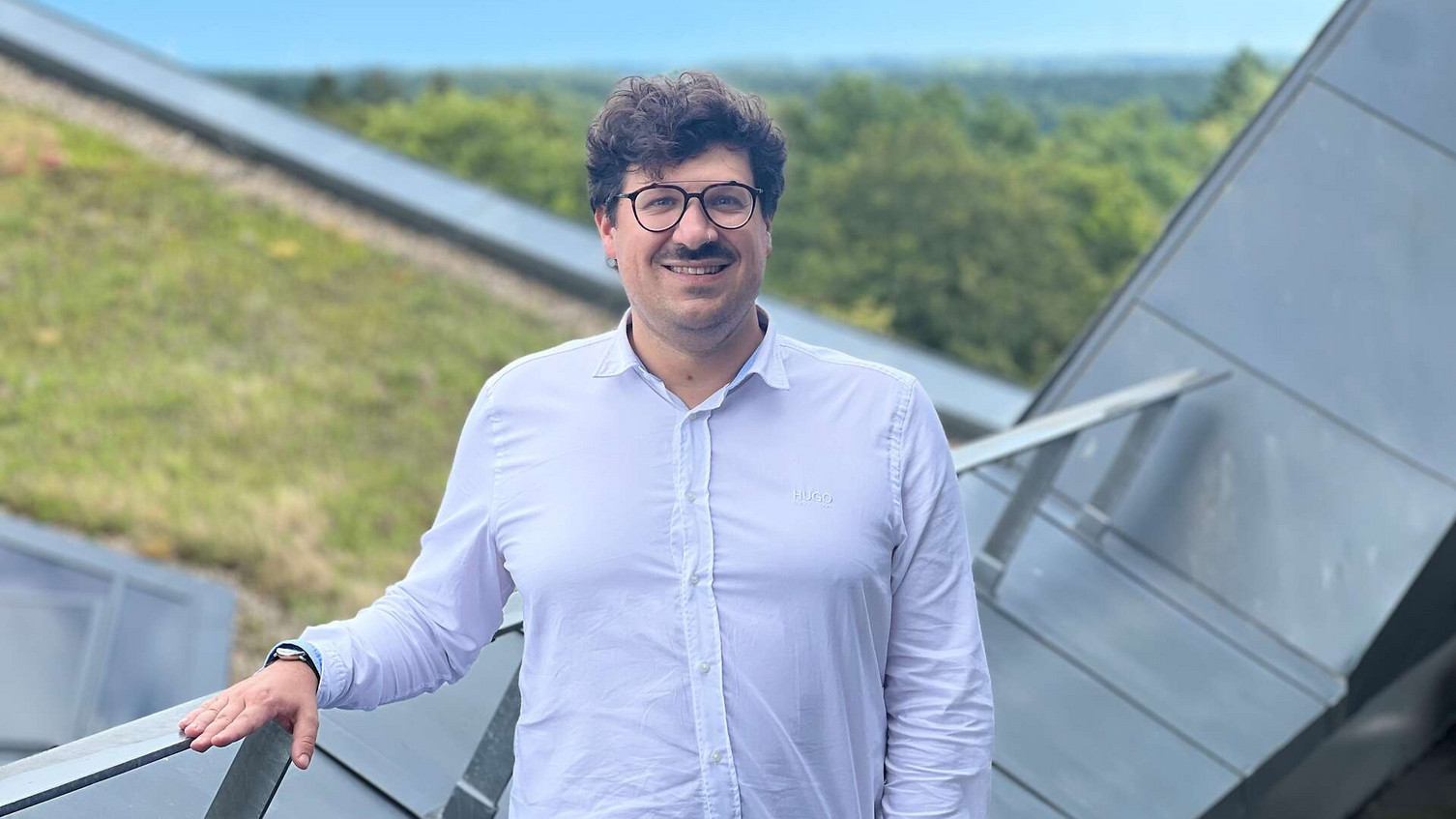New at Leuphana: Prof. Dr. Johannes Lohse – "CO2 Needs a Price"
2024-10-21 How selfless are people when it comes to tackling climate change? The results from Johannes Lohse's behavioural economics experiments are far from encouraging: "Human altruism doesn’t go very far," says the Junior Professor of Law and Economics.
Participants are given ten Euros for taking part in a study. In the experiment, they have to decide: do they donate a portion to benefit the group, allowing everyone to gain? Or do they keep the money for themselves and still profit from the collective funds? The survey is anonymous. No one knows who gives and who keeps.
Behavioural economists refer to this as a cooperation dilemma: "Even when trivial amounts of money are involved, cooperative behaviour is difficult to achieve. It becomes even harder when individuals see no direct benefit from cooperation or when only others profit," explains Johannes Lohse. The experiments are not promising for combating the climate crisis: "We expect a lot from the community, but are reluctant to act ourselves," says the Junior Professor of Law and Economics.
In his research, he also explores how people can be motivated to take necessary actions: Do we need penalties, or are role models sufficient? During the COVID-19 pandemic, Johannes Lohse tested how social pressure affects people: "Interestingly, merely emphasising key rules and norms was enough to make those resistant comply with the COVID regulations. People engage in certain behaviours to avoid being noticed for not doing so," he summarises.
However, this effect was only short-term. Such strategies are insufficient for combating climate change, and role models alone are inadequate. The researcher’s recommendation is therefore clear: "We need regulations and a governmental framework to fund public goods from which everyone benefits." Public goods include things like clean air, a stable climate, or biodiversity protection.
None of these are intuitively perceivable. To understand how people respond to invisible threats, Johannes Lohse gathers data in London. He aims to find out how people react when they discover just how polluted the air outside their homes is. "In Western cities, air pollution is not visible, but it can still be harmful to health," he explains. If people learn how dirty the air in their neighbourhood is, they might take protective measures, like avoiding outdoor exercise.
The consequences of climate change are even less tangible than air pollution for many people, making altruistic action more difficult. This is why the researcher advocates for putting a price on CO2. "If I try to voluntarily behave in a climate-neutral way, I need to possess a great deal of knowledge. Is an orange worse for the climate than a pear? Does it depend on the season? A CO2 price removes this complexity for us, as it directly reflects how harmful each product is to the climate. The advantage over a ban is that people can still choose whether they want to spend the money. It doesn’t matter when or where the CO2 is emitted – whether through meat consumption or a flight to America. Detailed rules don’t help," explains Johannes Lohse.
Johannes Lohse studied International Economics at the University of Erlangen-Nuremberg and the University of Melbourne. He defended his doctoral thesis in September 2015 at the University of Heidelberg. During his PhD, he spent time as a visiting researcher at the Becker-Friedman-Institute of the University of Chicago. Johannes Lohse was an Assistant Professor and later Associate Professor of Economics at the University of Birmingham, where he remains affiliated as an Honorary Senior Research Fellow. His research has been funded by organisations such as the British Academy, the ESRC, AHRC, UKRI, and BMBF. Johannes Lohse is also a Co-Editor of Environmental and Resource Economics. Since the summer semester of 2024, he has been a W1-Professor of Law and Economics at the Institute of Economics and the Methods Centre at Leuphana University Lüneburg.

